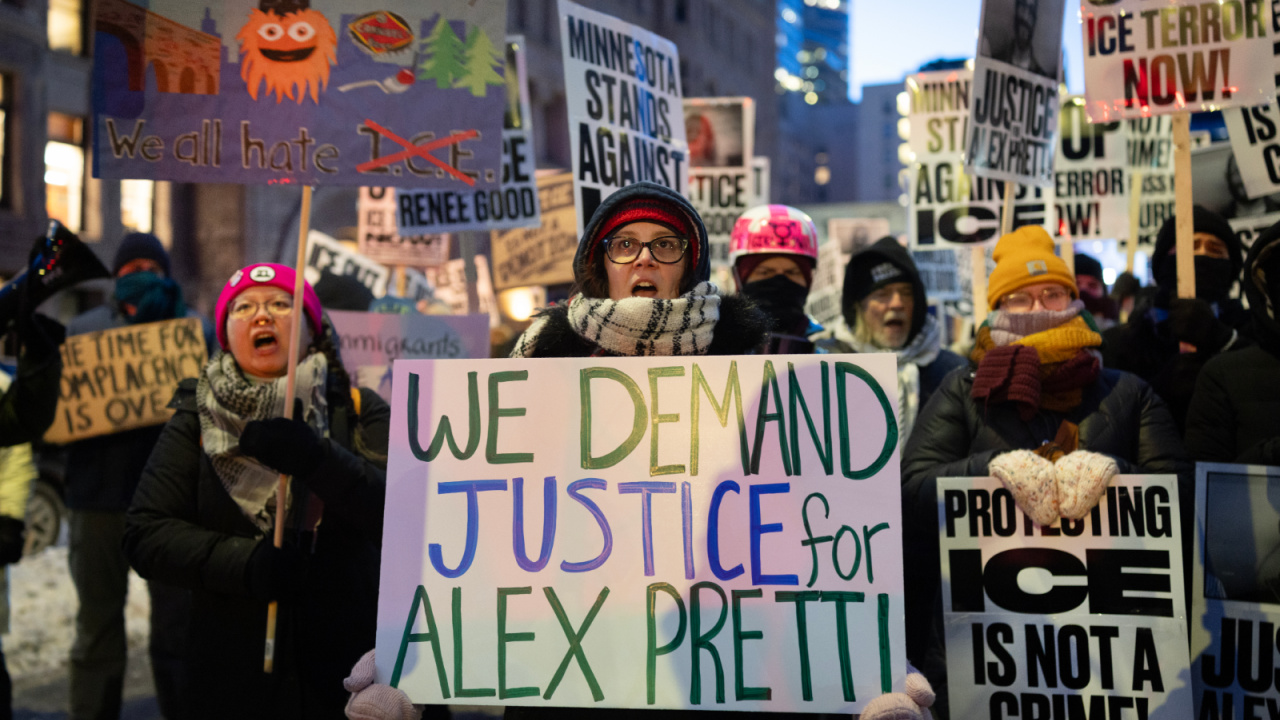
The Supreme Court Just Ruled It Illegal To Sue Border Patrol Agents for Excessive Force
On Wednesday, the Supreme Court ruled in favor of federal Border Patrol agents in Egbert v. Boule, a case that raises questions about individual officers’ responsibilities in instances of excessive force.
Though there was dissent, namely by Justice Sonia Sotomayor, the court ultimately ruled that Border Patrol agents cannot be sued for excessive force on the job, reports Vox. The ruling essentially guts a key aspect of the Fourth Amendment, which prohibits “unlawful searches and seizures.”
The case itself concerns Border Patrol agent Erik Egbert and bed-and-breakfast proprietor Robert Boule, who runs a business called Smuggler’s Inn at the border of Washington state and Canada.
Boule, the plaintiff, alleges that in 2014, Egbert violated his Fourth Amendment rights when he used excessive force to detain Boule after he stepped between him and a Turkish man who he accused of crossing the border illegally.
The man in question was in the United States legally.
Here’s where it gets tricky: Boule himself has worked as an informant for federal agencies in the past, and his aptly-named inn has been the subject of scrutiny as a hotbed for smuggling and undocumented migration.
However, the Supreme Court’s ruling has less to do with Boule’s case specifically, and more to do with giving Border Patrol agents immunity against lawsuits.
What’s even more concerning is how this affects a 1971 case, Bivens v. Six Unknown Named Agents, which set the precedent that people are, in fact, allowed to sue individual agents for violating their Fourth Amendment rights.
With this latest ruling, you’ll still be able to file a formal complaint against an officer, but those complaints are subject to internal review by other law enforcement agencies. Most importantly, the decision to exonerate the accused officer cannot be reviewed or appealed by another agency.
Egbert v. Boule will exempt not only Border Patrol agents, but all federal officers, from the kind of legal scrutiny once granted to citizens.
According to the outlet, Justice William Brennan wrote in Bivens, “Power once granted, does not disappear like a magic gift when it is wrongfully used.” An officer who acts unlawfully “in the name of the United States possesses a far greater capacity for harm than an individual trespasser exercising no authority other than his own.”
In his majority opinion, Justice Clarence Thomas writes, “We ask here whether a court is competent to authorize a damages action not just against Agent Egbert but against Border Patrol agents generally,” adding, “the answer, plainly, is no.”
The current state of the Supreme Court, which leans conservative, leaves many decisions like Bivens up for review and may lead to continued infringements of once-guaranteed constitutional rights.




